5 Keys to Conducting Job Interviews During the COVID Pandemic
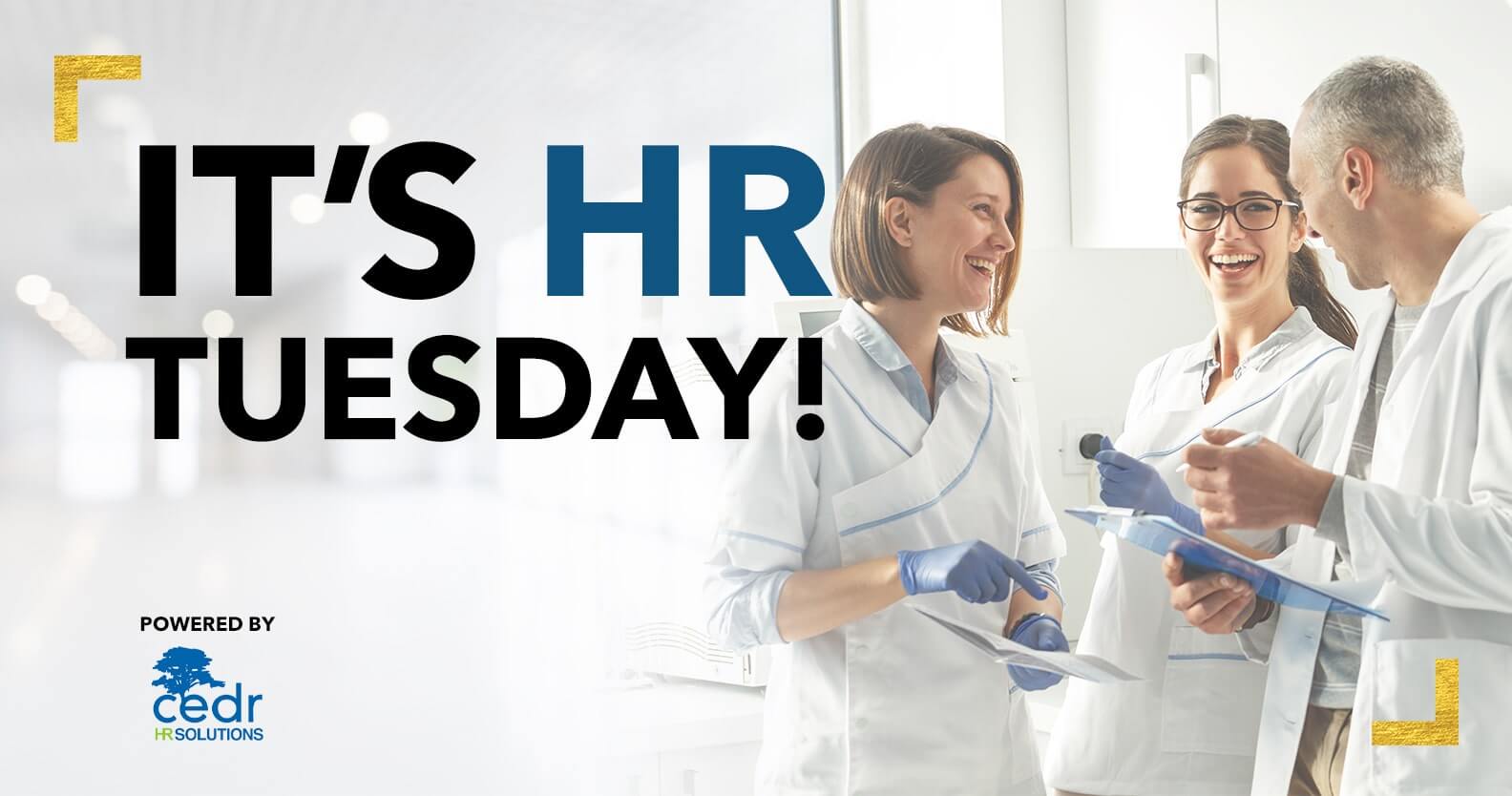
In the words of the legendary bard, Bob Dylan, “Oh, the times they are a changin’.” And, as you know well by now, it’s important for office managers to be able to change with them.
The coronavirus pandemic has affected nearly everything you do as a professional, and, naturally, the interview process is no exception. Still, we want you to try and look at these new conditions – those things that you may at first perceive as inconveniences – as opportunities to continue to hire difference makers.
As you access your existing hiring tools and interviewing skills and hold them up against the requirements of practicing safety during a pandemic, you’ll quickly realize a need to get creative when it comes time to interview and hire new team members.
Of course, you will likely still need or want to perform a few in-person interviews and skills tests to determine your final candidates’ aptitude and experience as it relates to their ability to fulfill the duties of your available position. But, now, YOUR VERY FIRST screening opportunity arises as a need to find out if your applicants are likely to comply with all of your health and safety protocols.
Here are five ways that you can adjust your interview process to protect yourself, your practice, and your candidates during the COVID 19 pandemic without sacrificing your ability to get the information you need during an interview.
5 keys to conducting job interviews during the COVID pandemic
1. Set a Socially Distanced Interview Plan
We usually recommend using a three-phase interview process that includes a phone screening, an in-person interview, and skills testing.
The in-person interview and skills testing will pose a challenge while you’re trying to maintain health and safety in the office. Therefore, you will need to develop a new way to approach this and will need to make sure that your applicants know exactly what to expect.
Consider holding in-person interviews outdoors or via video conference:
- There’s no true replacement for meeting someone face-to-face, but most employers are currently managing to get through the interview process remotely. Facetime, Skype, Google Hangouts, Zoom, and GoToMeeting are all great online interview options.
- If you are opting to go the video route, be sure to provide complete information to the candidate in advance about how to log in, how long you expect the interview to last, and who they are meeting with.
- If video isn’t an option and you have access to a public outdoor space near your office, such as a courtyard, park, or patio, consider holding your in-person interviews there.
Consider doing skills tests online, over the phone, or video conference:
- If it’s an administrative position, you can likely send them a skills test over email or through a Google Doc.
- If you are going to allow them to work from home often or on occasion, an online interview will allow you to assess their internet speed and get some understanding of what their remote work environment might look like.
For example skills tests you can use with your applicants, Download CEDR’s Free Working Interviews Guide… This text opens a new tab to the free test….
If you need to conduct an in-person meeting with a candidate, make sure your team and the candidate know what to do.
Keep in mind that this is yet one more opportunity to assess the candidate. Can they follow directions? Do they show up masked and follow your protocols for safety as if they studied them? Or do they seem a little clueless, as if they didn’t pay attention to your directions?
Your candidates will need to know:
- When to arrive.
- Where to wait.
- Whether they will be masked and if you will require them to don more PPE.
- Who will receive them.
- Temperature check and symptoms check protocol.
Your team will need to know:
- Where to take or direct the applicant.
- Specific requirements as to the candidate using face masks, gloves, staying six feet apart, etc.
Even if you handle most of this remotely, you could still have your top candidates come in for a quick meet and greet and tour as you make your final decision.
Regardless of the final shape your interview process takes, you’ll want to have a plan in place to make sure that it goes smoothly for your candidates and to ensure that inviting candidates to your office will not threaten the health and safety of your team members and patients.
2. Prepare for each interview in advance
It’s a good idea to prepare for any job interview… This text opens a new tab to an interview prep blog… well in advance, but this is especially important in light of the current public health crisis.
Just like in pre-COVID times, you need to know what traits, skills, and characteristics you will be looking for in a new hire (use the “Difference Maker Tool… This text opens a new tab to the tool…” in our Free Hiring Guide for help with this process), as well as what questions you will ask to evaluate the expression of those traits between your individual candidates.
Spend some time getting this information together for yourself before your scheduled appointment to ensure you are ready to get down to brass tacks when the interview starts.
3. Phone screen and select good candidates
Once you’ve built up a stack of applications for a given position, we always recommend that you kick off the interview process with a phone screening of each applicant. This will allow you to verify that a candidate meets your minimum requirements before inviting them in for an interview.
During that phone screen, let them know what general precautions you are taking each day in the office and explain your plan for the ongoing interview process.
You can also take this time to shorten your list by potentially eliminating candidates who seem disengaged from health and safety protocols (read on for interview questions you can use to address this).
4. Be clear about safety expectations and gauge their response
One thing that can take your new employee from benefit to burden in no time flat is exposure to, or infection by, COVID-19.
Ask your candidates about their social distancing practices, their commitment to wearing masks, and their willingness to avoid large gatherings and potential “superspreader” events.
Use behavioral interview questions to get to the root of these topics. Consider these examples:
- “I’d love to get your take on the new mask requirements.”
- “Can you share with me how you practice social distancing and try to keep yourself and those around you safe?”
- “Tell me about an instance when you found yourself unable to socially distance. What was the situation, and what did you do?”
- “Has there ever been a time in which you felt like your friends or family members seemed to undercut your adherence to personal health and safety measures? What happened, and what was your response?”
- “Give me an example of a time in which you felt like your social distancing practices had to take a backseat to other priorities? What was the situation, and how did it turn out?”
For more examples of behavioral interview questions and additional guidance with crafting your own questions, check out CEDR’s Free Working Interviews Guide… This text opens a new tab to the free guide….
5. Determine their level of comfort using PPE
Your employees will need to feel comfortable using the PPE you have available at your practice and will also need to know how to use it properly. You can evaluate their level of aptitude concerning PPE fairly easily using a Skills Test… This text opens a new tab to the skills test….
During the interview, provide your applicant with the PPE necessary for the available position and ask them to demonstrate the proper way to wear it. You can give them written instructions to ensure that they have the information they need to use the equipment correctly, or even make a video to illustrate the proper way to wear it and provide them with a link to that video beforehand.
As a bonus, this will serve as a test of your candidate’s ability to follow directions in addition to testing their knowledge of how to use PPE properly.
Alternatively (or in addition to asking candidates to demonstrate the correct way to use PPE), you could make videos of PPE being used improperly and ask candidates to explain the problems with the way the PPE is being used in each video.
For more on skills tests, including additional examples of skills tests you can use to evaluate your applicants’ clinical and clerical abilities, download CEDR’s free Working Interviews Guide… This text opens a new tab to the free guide….
Conclusion
Given the huge influx in unemployment created by the coronavirus pandemic and the shocking number of employees who used the crisis as an excuse to step away from their jobs voluntarily, now is a great time to focus on building your dream team… This text opens a new tab to a blog on hiring your dream team….
But, as with just about everything else, the pandemic has thrown a wrench into the hiring process by adding a number of items to the list of things that dental office managers need to be aware of, which simply were not issues before.
Managers now need to think about how the spread of COVID-19 might affect their ability to hold traditional in-person interviews with job seekers, as well as how they can modify their hiring process to protect their team members and patients.
Further, in addition to evaluating a candidate’s experience, knowledge, and interpersonal abilities before hiring them, employers now must also factor in a candidate’s compliance with wearing required PPE.
With a little bit of preparation and critical thinking, however, you can still get the information you need from your applicants to make an informed hiring decision without putting your team and patients at risk.
For more free hiring tools and tips from CEDR HR Solutions, download our newly updated Hiring Guide… This text opens a new tab to the hiring guide….
Happy hiring!
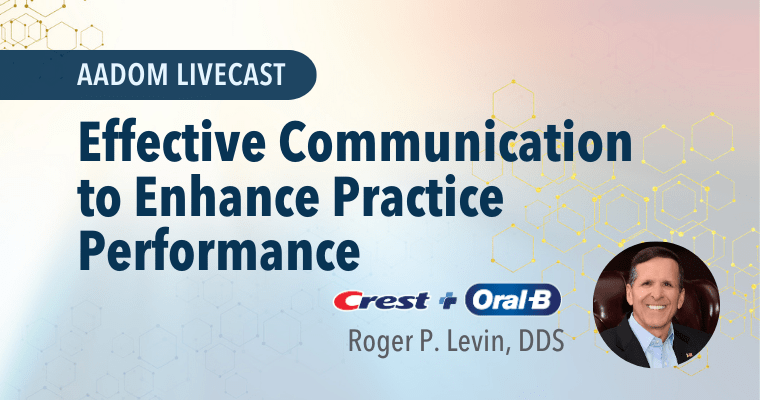
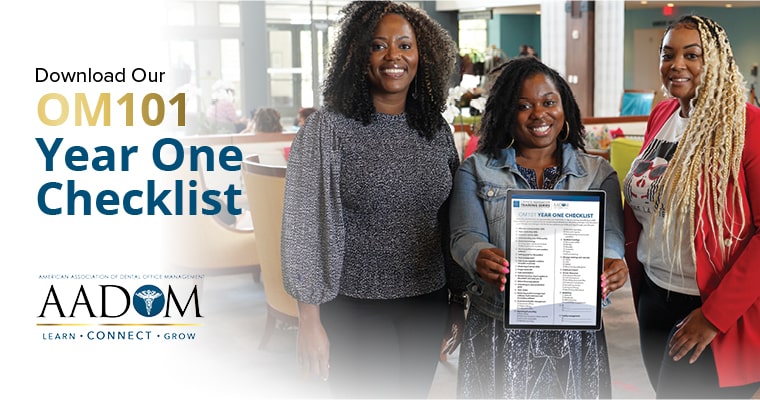

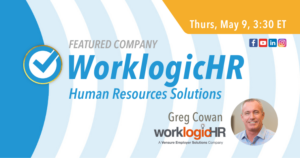
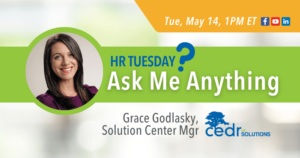
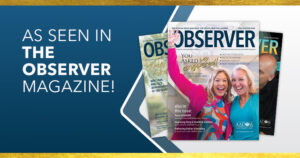
Should we require a Covid 19 test prior to hiring? We recently had a new hire, (3 days after being hired) call out as she felt sick with covid related symptoms….